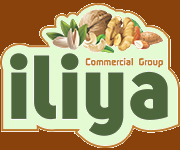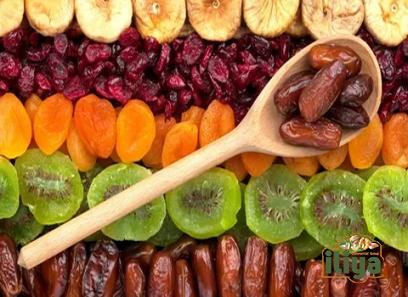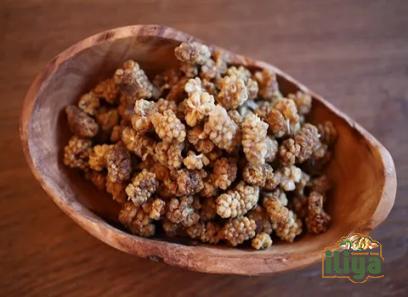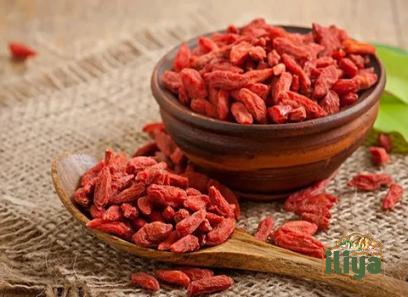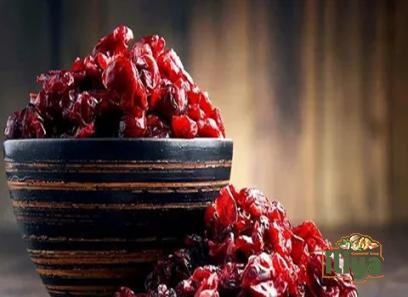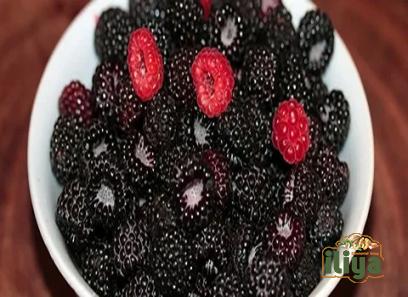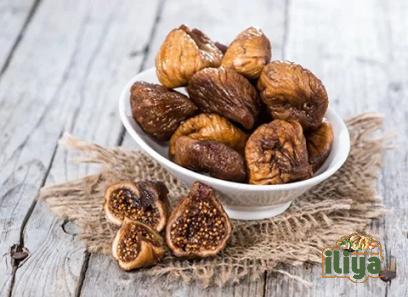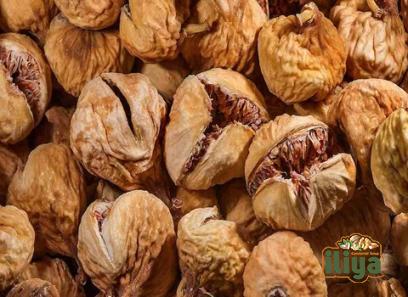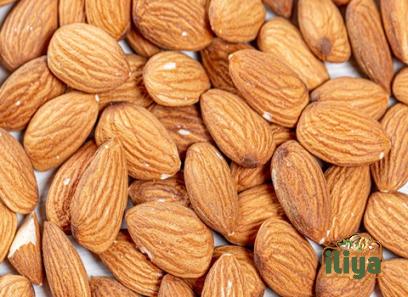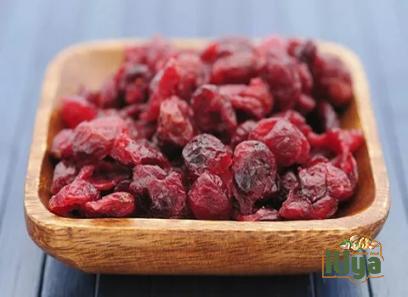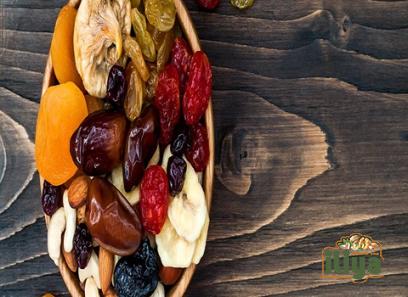Bulk raw cashew pieces are a versatile and nutritious ingredient widely used in the food industry. These small, kidney-shaped nuts are not only enjoyed as a snack but also have numerous health benefits. In this article, we will explore the characteristics of bulk raw cashew pieces, their applications in various industries, the nutritional value they offer, and some considerations when purchasing them in bulk.
Bulk raw cashew pieces, also known as cashew kernels or cashew nuts, are obtained from the cashew tree (Anacardium occidentale). Cashew trees are native to Brazil but are now cultivated in several tropical regions around the world, including Asia, Africa, and Latin America. The cashew nut is encased within a hard outer shell, which is removed during processing to obtain the cashew kernel or piece.
These cashew kernels come in various sizes and grades, ranging from whole cashews to smaller broken pieces. Bulk raw cashew pieces are typically obtained from broken cashews, offering a more cost-effective option compared to whole kernels. They have a creamy white or pale yellow color, a buttery flavor, and a slightly crisp texture, making them a popular ingredient in a wide range of culinary applications.
One of the primary uses of bulk raw cashew pieces is in the food industry. They are commonly used as an ingredient in baking, confectionery, and savory dishes. Cashews can be ground into a flour-like consistency to make cashew butter, used as a topping for salads, added to stir-fries and curries, or incorporated into desserts such as cookies, cakes, and ice creams. With their mild and versatile flavor, cashew pieces can enhance the taste and texture of various dishes.
Beyond culinary applications, bulk raw cashew pieces also offer several nutritional benefits. They are a rich source of healthy fats, including monounsaturated and polyunsaturated fats, which are known to promote heart health. Cashews are also a source of protein, fiber, and essential minerals such as magnesium, phosphorus, and copper. Additionally, they contain antioxidants, vitamins such as vitamin E, and plant compounds that may have potential health benefits, including anti-inflammatory and anti-cancer properties.
When purchasing bulk raw cashew pieces, it is essential to consider a few factors. Firstly, it is crucial to source the cashews from reputable suppliers to ensure quality and food safety standards. Look for suppliers who prioritize quality control measures, such as regular testing for moisture content, aflatoxin levels, and overall product integrity. Additionally, consider the packaging options available, as proper packaging, such as vacuum-sealed bags or airtight containers, can help maintain the freshness and shelf life of the cashew pieces.
Another important consideration is whether the bulk raw cashew pieces are sourced sustainably. Cashew farming can have social and environmental impacts, and it is advisable to support suppliers who adhere to sustainable practices. This includes ensuring fair wages for farmers, promoting responsible land management, and minimizing chemical pesticide usage.
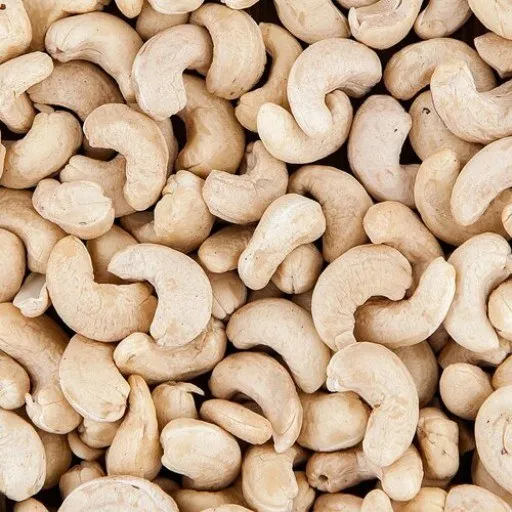
In conclusion, bulk raw cashew pieces are a versatile and nutritious ingredient commonly used in the food industry. They offer a creamy flavor, slightly crisp texture, and are suitable for a wide range of culinary applications. With their nutritional benefits and potential health properties, cashew pieces are a valuable addition to a balanced diet. However, it is important to source them from reputable suppliers who prioritize quality control and sustainable practices. By considering these factors, individuals and businesses can enjoy the many benefits of bulk raw cashew pieces in their recipes and products.I. The Growing Demand for Bulk Raw Cashew Pieces
The demand for bulk raw cashew pieces has been steadily increasing in recent years, driven by several factors. Firstly, cashews are a popular ingredient in various cuisines, and as global food consumption continues to grow, the demand for cashews follows suit. Cashew pieces offer a cost-effective option for businesses looking to incorporate cashews in their products without compromising quality. Secondly, there has been a rise in the popularity of plant-based diets, and cashews are a favored choice among vegans and vegetarians as a source of healthy fats and protein. This trend has further contributed to the growth of the market for bulk raw cashew pieces.
II. Applications in the Food Industry
The food industry is one of the major consumers of bulk raw cashew pieces. These versatile nuts can be used in a wide variety of products, ranging from baked goods to snacks to sauces and dips. In baking, cashews add texture and flavor to sweet treats like cookies and cakes. They can be ground into a fine powder and used as a gluten-free alternative to traditional flour. In savory dishes, cashew pieces can be used as a topping for salads, added to stir-fries or curries for a creamy and nutty taste, or incorporated into vegan cheese and sauces to provide a rich and indulgent texture.
III. Nutritional Benefits for Health-Conscious Consumers
The nutritional benefits of bulk raw cashew pieces make them an attractive choice for health-conscious consumers. Cashews are a good source of healthy fats, particularly monounsaturated fats, which have been linked to a reduced risk of heart disease. They also provide a moderate amount of protein, making them a valuable addition to plant-based diets. Cashews are rich in essential minerals like magnesium, phosphorus, and copper, which are important for bone health, energy production, and immune function. Additionally, cashews contain antioxidants and vitamins, such as vitamin E, which can help protect against oxidative damage and support overall well-being.
IV. Profitability for Food Manufacturers and Retailers
For food manufacturers and retailers, bulk raw cashew pieces offer the potential for profitability. With their increasing popularity and versatile applications, incorporating cashews into products can attract consumers and increase sales. Cashews can be used as a premium ingredient in high-end products like gourmet chocolates, energy bars, and granola mixes, allowing businesses to charge a premium price and increase profit margins. Additionally, by purchasing cashew pieces in bulk, businesses can take advantage of cost savings compared to buying whole cashews, as broken pieces are often sold at a lower price point.
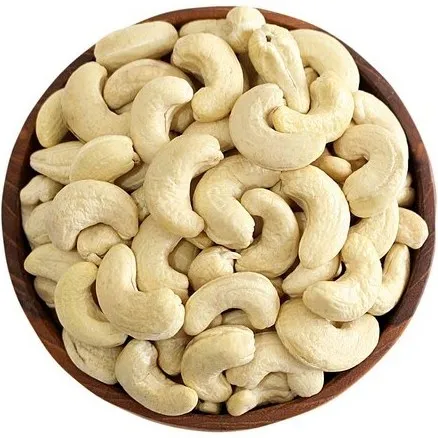
V. The Importance of Quality Control
Maintaining high-quality standards when purchasing bulk raw cashew pieces is crucial for businesses. Quality control measures ensure that the cashew pieces meet the desired specifications, such as size, appearance, and taste. Reputable suppliers implement rigorous quality control protocols to minimize the presence of defects, such as discolored or diseased nuts. Investing in quality cashew pieces can improve product consistency and customer satisfaction, while also reducing the risk of food safety issues that can arise from subpar products.
VI. Packaging and Shelf Life Considerations
Proper packaging is essential for preserving the freshness and shelf life of bulk raw cashew pieces. The nuts should be stored in packaging that protects them from moisture, light, and oxygen, which can lead to oxidation and spoilage. Vacuum-sealed bags or airtight containers are ideal for maintaining the quality of cashew pieces. It is also important to store the cashews in a cool, dry place away from direct sunlight to prevent rancidity. By ensuring proper packaging and storage conditions, businesses can extend the shelf life of cashew pieces and minimize waste.
VII. Sustainable Sourcing and Ethical Practices
With increasing awareness about sustainability and ethical practices, it is important for businesses to source bulk raw cashew pieces from suppliers who prioritize these values. Sustainable cashew farming involves practices that minimize environmental impact, such as responsible water management, soil conservation, and reducing chemical pesticide usage. Additionally, supporting suppliers who promote fair trade and fair wages for farmers helps ensure ethical practices throughout the supply chain. By choosing to work with sustainable and ethically conscious suppliers, businesses can align their values with their purchasing decisions and positively contribute to the cashew industry.
VIII. Overcoming Supply Chain Challenges
The cashew industry faces various supply chain challenges that can impact the availability and pricing of bulk raw cashew pieces. Cashew production is heavily reliant on weather conditions, making it susceptible to fluctuations in yield due to factors like drought or disease outbreaks. As a result, supply shortages can occur, leading to higher prices. Businesses should stay informed about market trends and maintain good relationships with suppliers to navigate these challenges effectively. Diversifying suppliers and exploring alternative sourcing regions can also help mitigate potential supply chain disruptions.
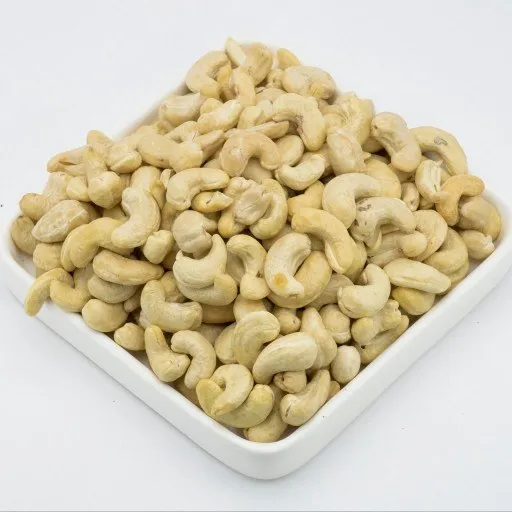
IX. Innovations and Trends in Cashew Products
The bulk raw cashew pieces market has witnessed several innovations and trends in recent years. As consumers seek healthier options, there has been an increase in demand for natural and organic cashew pieces. Additionally, the demand for value-added cashew products, such as flavored or seasoned cashews, has grown. Cashew-based spreads and butters have gained popularity as alternatives to traditional peanut butter, appealing to consumers with dietary restrictions or preferences. These market trends present opportunities for businesses to develop innovative cashew products and cater to evolving consumer preferences.
X. Exploring International Markets
While cashews are grown and processed in several countries, certain regions are known for their high-quality cashew production. For example, Vietnam is the largest exporter of cashews globally and offers a diverse range of cashew products. India is also a significant player in the cashew market, known for its processing capabilities and a wide variety of cashew-based snacks. Exploring international markets for bulk raw cashew pieces can provide businesses with access to different grades and varieties of cashews, allowing for greater flexibility in product development and differentiation.
XI. Consumer Education and Marketing Strategies
Educating consumers about the nutritional benefits and culinary uses of bulk raw cashew pieces can lead to increased demand. Food manufacturers and retailers can incorporate cashew pieces into their marketing strategies by highlighting their versatility, health benefits, and unique flavor. Sharing recipes, conducting cooking demonstrations, and product tastings can help familiarize consumers with cashew pieces and inspire them to incorporate them into their own culinary creations. Social media platforms, food blogs, and influencer partnerships are effective channels for reaching a wide audience and building brand awareness.
XII. The Future of Bulk Raw Cashew Pieces
As the global food industry continues to evolve, the future of bulk raw cashew pieces looks promising. With the increasing demand for plant-based and healthier food options, cashews are likely to remain a popular choice. The development of new products and flavors, along with sustainable sourcing practices, will play a significant role in shaping the market. Additionally, technological advancements in processing and packaging may further improve the quality and efficiency of cashew production. By staying attuned to market trends, investing in quality, and leveraging consumer education and marketing strategies, businesses can position themselves for success in the bulk raw cashew pieces market.
